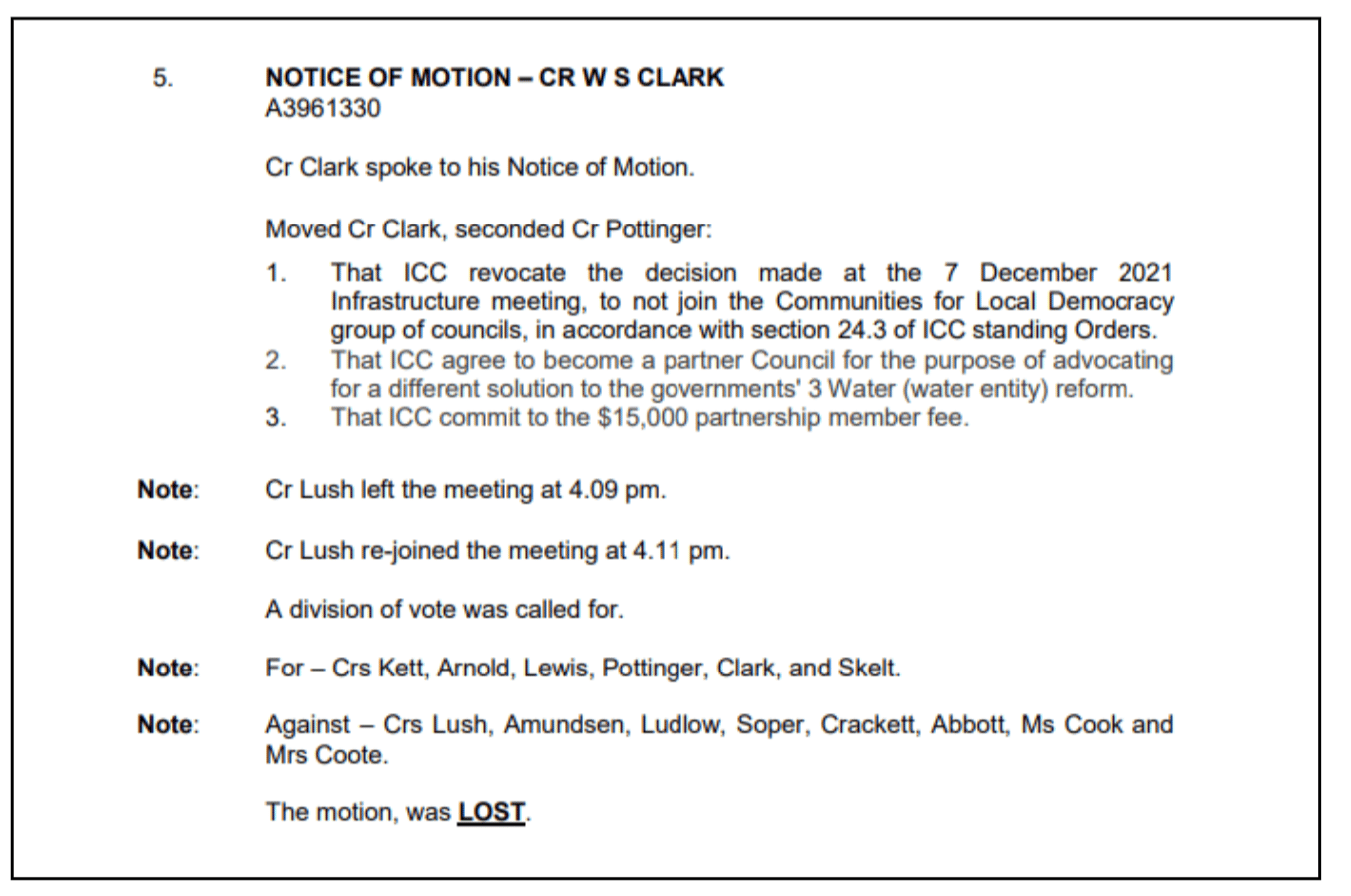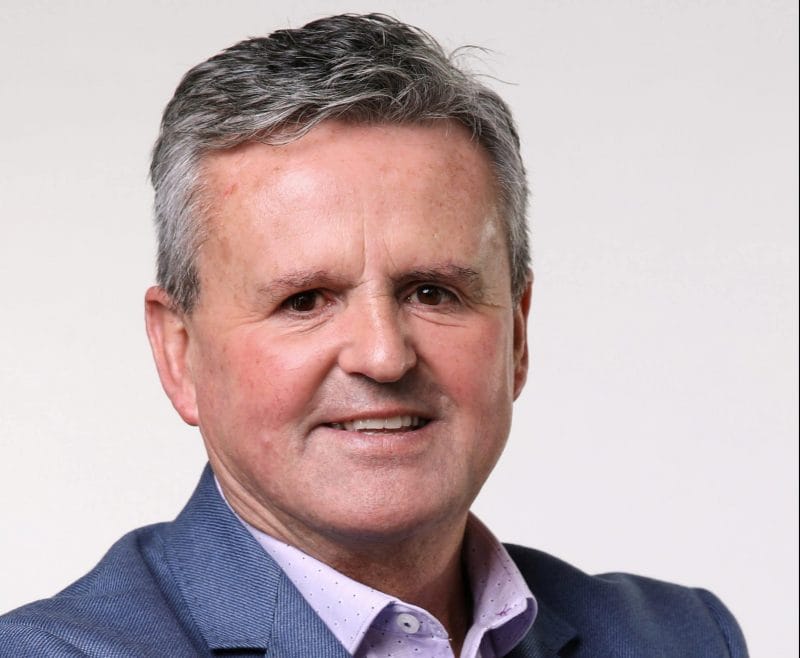3 Waters Reform: The next step towards ultimate Centralism.
Opinion piece by Ian Pottinger.
Localism vs Centralism:
Localism involves the shifting of power and decision making back to citizens and their communities. The opposite of localism is centralism and NZ is currently the most centralised country in the OECD (Organisation for Economic Cooperation and Development) with 88% of all collected taxes and public revenue being controlled and allocated by central government. The average ratio in the OECD is 46%. The 3 Water reform will take this ratio into the nineties and place us nearer to total State control. So there are far more critical political implications to 3 waters reform beyond it being just a logistically impractical and a non financially viable idea.
Not a financially viable and practical idea:
The 3 Waters Reform model is not a financially viable and practical idea because it is based on the Scottish Water reform model and is not at all applicable to the country of New Zealand. The Scottish model was designed around far greater population density and smaller geographical boundaries. The claimed efficiency benefits from centralisation will not work in New Zealand and to add further doubt to the credibility of the reform, there are 9600 extra new permanent jobs to be created. Again, apply logic to this. Four new bureaucratic entities, with 9600 newly created positions, delivering the water services we get now at a lower cost. “This does not compute”.
Ownership of debt, not assets:
The Government say that we will still retain ownership of our assets under the new model. This statement is incorrect. If we had true ownership, under common law, ICC would have the ability to either join this new scheme or continue providing services itself. Currently ICC has $1.3 billion worth of 3 Water assets, with $16.5 million of debt. Under the council’s current 30 year infrastructure plan it has budgeted to spend a further $190 million on 3 waters infrastructure, including the implementation of treated waste water to land and a new secondary drinking water supply. When asked at a 2021 July combined council meeting about the retaining and continued implementation of 30 year infrastructure plans, a Government representative said that these would be scrapped and only short term urgent work considered. Under the proposed scheme, it is estimated that to complete New Zealand’s 3 waters work in the next 30 years, somewhere between $120 and $180 billion dollars will need to be borrowed. Invercargill as a 1/21 shareholder in entity D, will own a relative portion of this debt. This will be regardless of whether the money is spent on ICC assets or not.
Invercargill’s Response:
The ICC has formally responded to the proposed 3 Water Reform with a letter to Minister Mahuta in September 2021 and a submission to the 3 Water Reform select committee in August 2022. Both the letter and the submission were unanimously endorsed by the Council and their content clearly explained that the City of Invercargill and its rate payers would be substantially worse off under the proposed model. The new model would be more expensive and not deliver in a timely manner the City’s necessary 3 water infrastructure requirements. At the moment every rate payer dollar collected for Invercargill 3 Waters is spent in Invercargill. This will not be the case under the new model. Yes the new entity will collect our money, but it will be spent on what they consider are Entity D priority projects in other towns and cities and because we have maintained our assets well, Invercargill will be well down the list.
Communities for Local Democracy, We Tried:
Led by Cr Clark there were two attempts put forward to Council to join Communities for Local Democracy. This group of thirty one councils came together to express the very same views that ICC had put in writing, except as a strong united front. Their case was based around finding 3 Water solutions that could work. I personally thought that if my Council unanimously agreed to “talk the talk” with its letters and submissions, it would make perfect sense to want to “walk the walk” and join the other 31 Councils (which included Christchurch). I was proved wrong in assuming such a decision would happen and I salute Nobby’s conviction to the cause. All I can say is “We tried”.

Authorised by Ian Pottinger, Terrace Street, Invercargill.
Published by arrangement.

